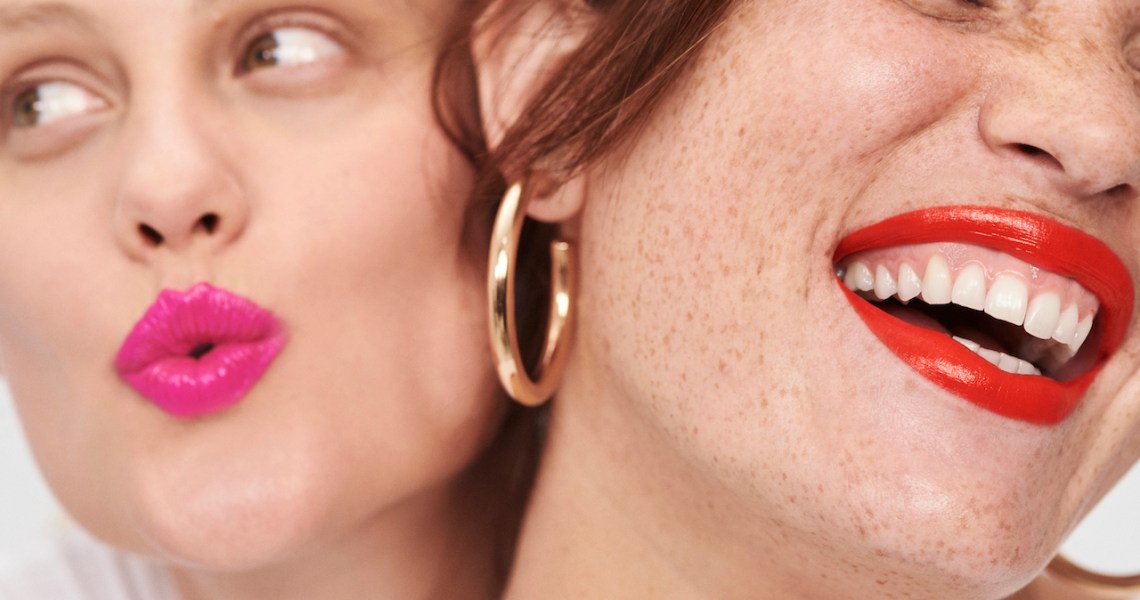As another 6.6 million Americans filed for unemployment benefits last week, fueling total claims to near 17 million, people are getting more creative with their side hustles. Many are turning to social selling gigs with Beautycounter and Stella & Dot’s family of brands.
According to Gregg Renfrew, founder and CEO of Beautycounter, the clean beauty brand saw new consultant numbers double in the month of March. Beautycounter’s network of independent representatives is approximately 50,000.
“We had planned our annual conference in San Francisco for March 5, 6 and 7, but we made the decision about 10 days prior to cancel the physical event, and we repurposed the assets and content for a livestream. As a company, we got out ahead of it in terms of taking action and said, ‘This is going to be quite serious,’ and we put that in the minds of our independent consultants and the corporate team,” said Renfrew.
As mass furloughs and layoffs have become more apparent, especially since California instituted its state-wide “stay at home” orders on March 19, Los Angeles-based Beautycounter instituted free enrollment for representatives beginning March 1 through April 31. Typically, brand starter kits of products range from $100 to $735.
“Once we saw people were facing redundancies and had to replace income when they had Airbnb properties, or worked in salons or restaurants, or were an actor, we saw our consultants turn it up and say, ‘This used to be my side gig, now this is my main gig,'” said Renfrew, who embarked on what she called a “listening tour” with her existing consultants. Thus far, she has connected with 4,000 consultants virtually and is scheduling about 75 to 100 appointments a day, in order to connect with representatives about their concerns and gather feedback.
Jessica Herrin, founder and CEO of Stella & Dot, said her company is experiencing similar momentum. The Stella & Dot company is based on representative-based selling of its namesake fashion line, Ever skin-care brand and Keep accessories line. To make the Stella & Dot proposition more accessible to prospective sellers, the company is offering $199 rebate and $250 commission to join after purchasing a $199 starter kit of products and on-boarding materials. Stella & Dot has about 30,000 independent consultants.
“We saw a resurgence in February, but things slowed down in March when women were adjusting to possibly having kids home from school, working and juggling just so many responsibilities. But in the last week, we saw a spike in engagement,” said Herrin. “I think what people are realizing is that it is low risk to join; they can enroll this week and start to earn this same week. It’s actually very similar to what happened in 2008. We expect an increase in signups at the end of this month and next month, as people process their new normal, take care of unemployment and get stimulus checks.”
Ad position: web_incontent_pos1
Stella & Dot launched its online retail styling app Mimi, that shares curated pages of shoppable products across its three brands, in January. The same month, Herrin said she expected the company to double its existing monthly active representatives, or those that are receiving a paycheck from the company, from 10,000 to 20,000 this year. RéVive CEO Elana Drell-Szyfer said she too is looking into a social selling model for the luxury brand, in addition to its existing distribution.
Still, there is a question around if the average customer has the income to buy non-essential products during a pandemic. Stella & Dot’s Ever has seen its core skin care products perform — its body butter is sold out online. Within its fashion and accessory offerings, Herring said “cozy wear” and earrings have been standouts, likely due to the prevalence of video calls, and that graduation and Mother’s Day gifts continue to perform as customers are looking for ways to connect with their friends and families.
At Beautycounter, Renfrew said the company has not seen its skin care and lipsticks businesses fall off amid Covid-19, but essential consumables like soaps and body washes have been best sellers instead of trend-focused items like eye palettes.
“People will still spend money on small luxuries, even in a recession. Our responsibility is to show up for our 50,000 families and say we are here,” said Renfrew. “We want to be able to pivot and respond to what it is they now need most.”




